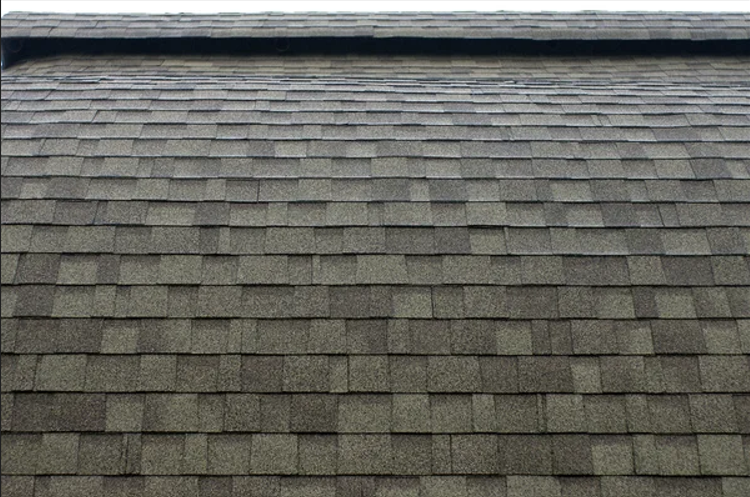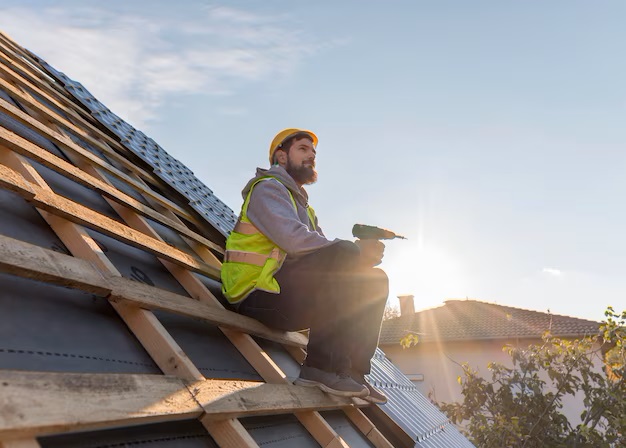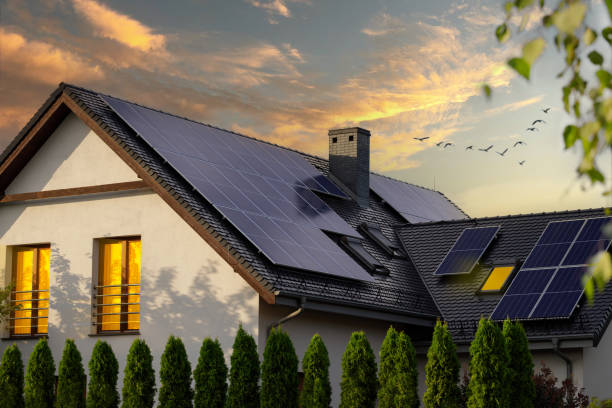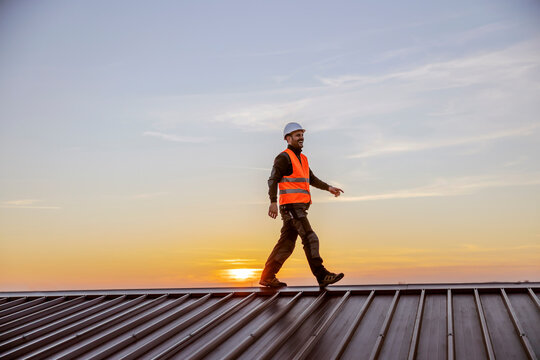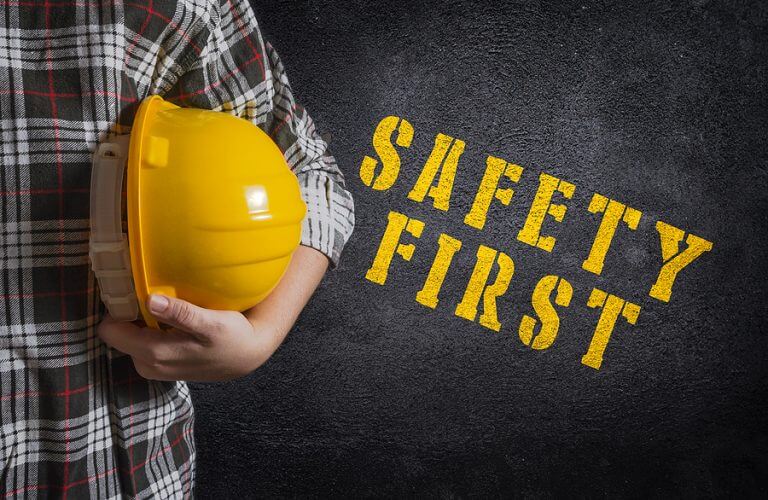Asphalt shingles are arguably the most widely utilized roofing material in residential construction in the United States today. Asphalt shingle roofs are estimated to be on approximately 80% of all American homes, according to some estimates.
Nevertheless, what precisely is an asphalt shingle? Asphalt shingles are asphalt-saturated bases that can be constructed from organic materials or fiberglass, depending on the application. In contrast to organic shingles, which are created from asphalt, ceramic granules, salt coatings, and waste paper, the fiberglass variant is manufactured using glass fiber coated in other minerals and asphalt including quartz, mica, slate, schist, stone, or ceramic. The asphalt and mineral coatings on the shingles are responsible for the waterproofing and fireproofing properties of the shingles.
Despite the fact that asphalt shingles are most typically cut in the “three-tab” pattern, they are available in a wide variety of forms, styles, and colors.
A variety of factors contribute to asphalt shingles’ widespread use as a roofing material. We’ll go over a few of the benefits and drawbacks of roofing with asphalt shingles in this article.
Advantages
Asphalt shingles are the most cost-effective roofing material available on the market today. They’re quick and simple to install, and if they’re placed appropriately and maintained properly, they may endure for approximately 25 to 30 years.
In addition, the shingles are quite simple to break down, fix, or replace if necessary. One of the factors that contributes to their low cost is the fact that they do not necessitate the use of any specific tools or accessories to be installed, such as wall terminations, roof edges, and vent flashings.
Their adaptability opens them up to a variety of different forms, styles, and colors, allowing you to style them any way you see fit to get your desired aesthetic result. Asphalt shingles are both fire and waterproof, providing an extra layer of safety for your home in the event of a natural disaster. They are also suitable for use on angular, sloping buildings, and are generally compatible with a wide range of roof types. Furthermore, the shingles possess mineral granules used to deflect UV rays from causing roof damage, which is an excellent benefit.
Disadvantages
Because of the fact that asphalt shingles are very lightweight, they might be subject to wind damage from high winds. When there is a strong wind, these shingles have been known to be readily lifted or torn off.
Despite the fact that they are the most economical alternative, tile, metal, and slate roofs are more robust and have a longer lifespan than other roofing materials. Excessive heat and moisture can reduce the asphalt shingles lifetime, which can cause them to fail. The deterioration of these shingles results in the exposing of your roof to the weather, resulting in significant damage to the roof structure. A buildup of moss and plants on your roof can also cause water to become clogged and prevent it from properly draining off your roof.


